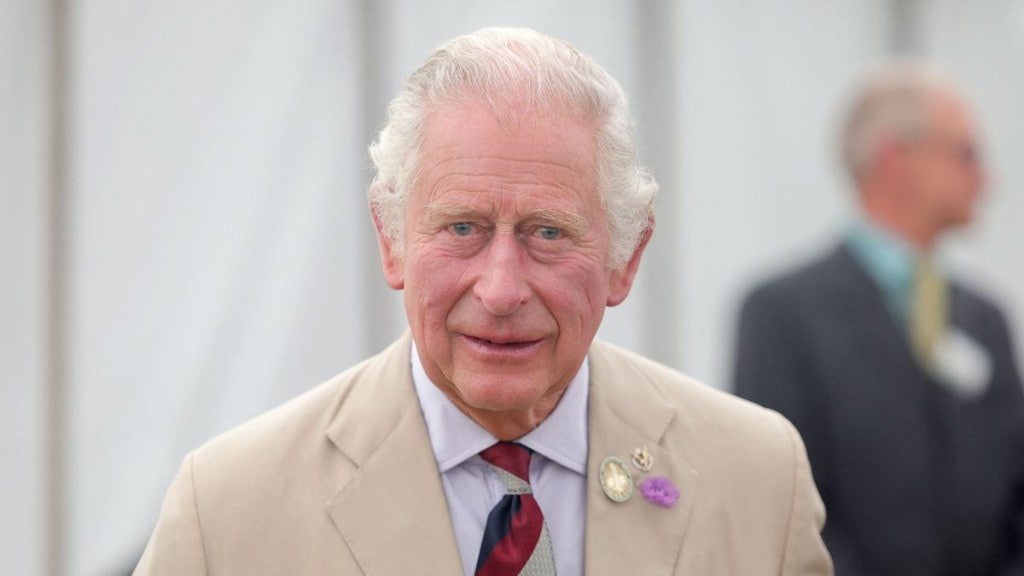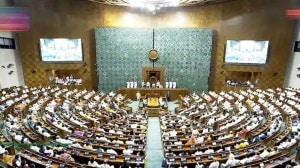Britain’s King Charles III was diagnosed with a form of cancer, the Buckingham Palace said late night on Monday. It was also informed through the official statement that the King would postpone public-facing duties.
It was after a corrective procedure for an enlarged prostrate that the issue of concern was pointed out to King Charles III last month. Soon after the announcement, it was reported that Prince Harry will be returning to the United Kingdom.
Cancer is the second leading cause of death in most countries. India ranks third after China and cancer cases are on a continuous rise in India.
In the Interim Budget 2024, Union Finance Minister Nirmala Sitharaman announced some government plans that focused on vaccination against cervical cancer for girls aged 9 to 14. Several other health-related schemes were announced in her speech.
World Cancer Day was observed internationally on February 4 with the theme “Close the Care Gap”. This theme was a call for leaders worldwide to prioritize and invest in cancer prevention and treatment.
Cancer can take various forms, encompassing carcinoma, sarcoma, lymphoma or myeloma, leukaemia, as well as brain and spinal cord cancers. The origins of these diverse types can be traced to factors, some within our control and others not.
How can cancer be prevented?
Individuals collectively play a crucial role in promoting cancer prevention through:
– Raising awareness about preventive measures to minimize the risk of developing cancer.
– Encouraging regular cancer screenings for early detection.
– Emphasizing the importance of recognizing cancer symptoms and promptly reporting them to specialized healthcare professionals.
While early diagnosis and management are pivotal for successful cancer treatment, prevention remains the most effective strategy to reduce cancer incidence. Adopting a healthy lifestyle, including a nutritious diet, regular physical activity, maintaining an ideal body weight, abstaining from tobacco use, and ensuring adequate sleep, can significantly lower the likelihood of various cancer types.
Raising awareness about the detrimental effects of tobacco and advocating for complete avoidance is crucial, given that tobacco is linked to approximately 40% of diagnosed cancers and is responsible for 25% of global cancer-related deaths.
Adherence to recommended cancer screening tests based on age is equally important. These tests help detect cancer in individuals without symptoms, providing the best opportunity for early identification and cure. Initiatives aimed at educating the public about the significance of regular screenings should be prioritized.
Recognizing cancer symptoms is vital, and reporting them promptly to the relevant specialists can lead to swift diagnosis and the initiation of appropriate treatment, enhancing the chances of a positive outcome.
Each individual carries the responsibility of narrowing the cancer care gap by making positive lifestyle choices and actively engaging with the community. Through prioritizing awareness, preventive measures, regular screenings, early symptom recognition, and timely reporting, along with advocating for accessible healthcare facilities, individuals can collectively work towards a world where cancer is not only treatable but also preventable.








